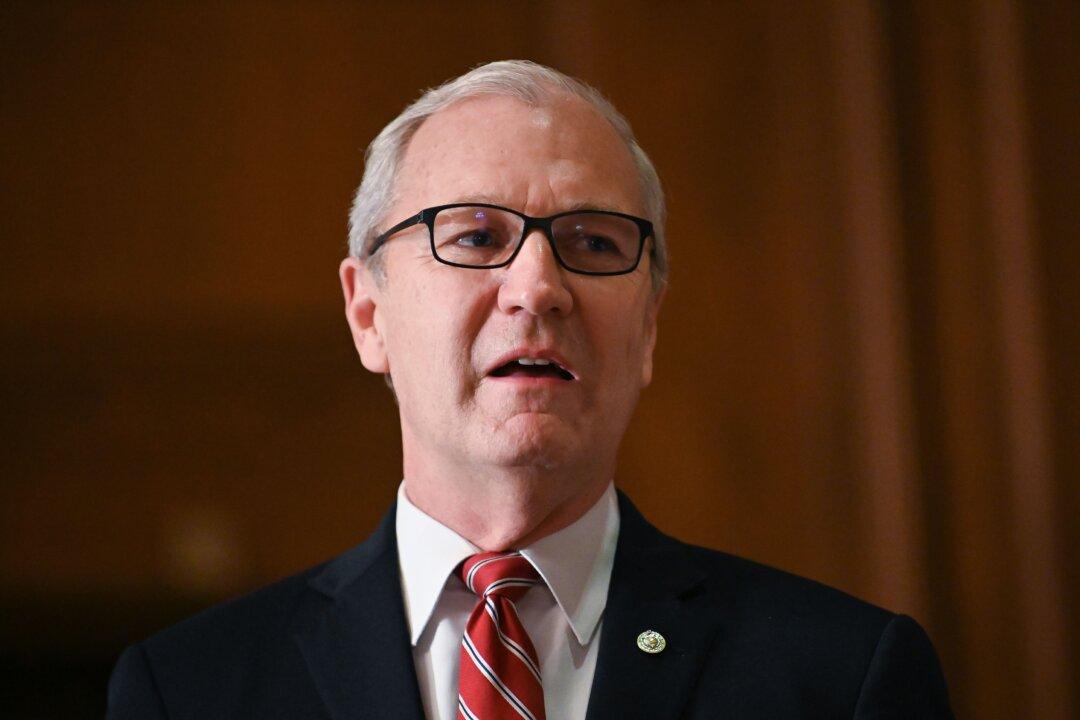Senate approval of the House-passed Respect for Marriage Act that codifies same-sex unions the Supreme Court recognized in 2015 will seriously weaken freedom of religious expression and practice across America, according to Sen. Kevin Cramer (R-N.D.) and civil liberties advocates.
The bill also repeals the Defense of Marriage Act of 1996, with its federal definition of marriage as between one man and one woman, and redefines marriage for all levels of government in the United States as a union of any two or more individuals.





